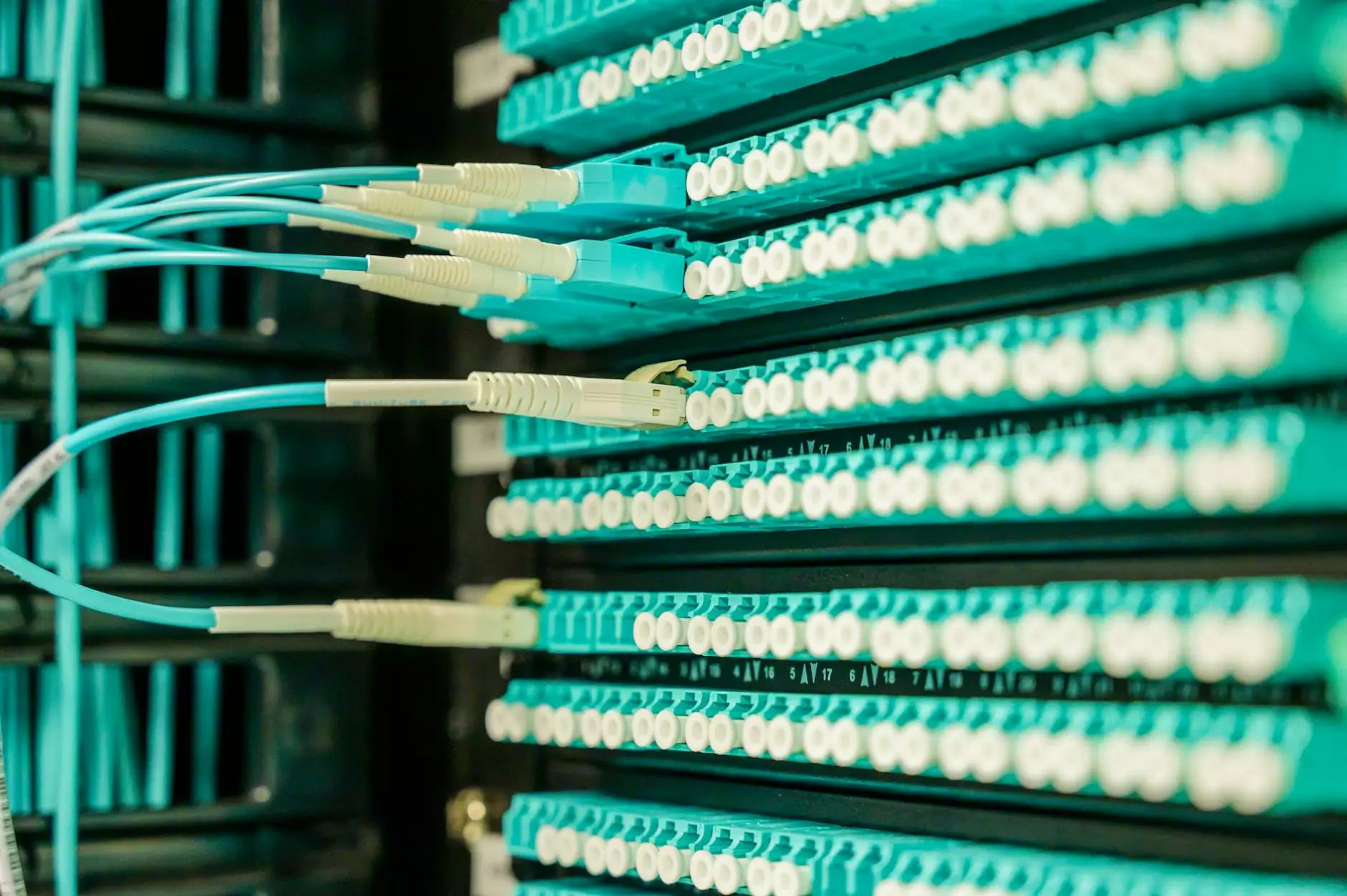Email Security in Education: Protecting Our Future

In today’s digital age, the importance of email security in education cannot be overstated. With the increase in cyber threats and attacks, educational institutions must prioritize the protection of their communication channels. This article delves into the significance of email security, its vulnerabilities, and the best practices educational organizations can adopt to ensure a safe learning environment.
The Digital Transformation of Education
Educational institutions have leveraged technology to create more efficient learning environments. This transformation involves:
- Email Communication: Faculty, students, and parents rely heavily on emails for communication.
- Online Learning Platforms: The growth of online courses necessitates secure communication methods.
- Data Management: Schools manage vast amounts of student data online, often shared via email.
Understanding the Risks
As educational institutions embrace technology, they also expose themselves to numerous risks, including:
- Phishing Attacks: Cybercriminals often target educational institutions with deceptive emails to steal login credentials.
- Data Breaches: Inadequate security measures can lead to unauthorized access to sensitive student information.
- Ransomware: Educational institutions can be crippled by ransomware attacks that lock access to critical information.
The Importance of Email Security in Education
The role of email security in educational institutions is paramount. Here are several reasons why:
1. Protecting Sensitive Information
Educational institutions handle sensitive information, including:
- Student Records: Grades, health records, and personal data must be kept confidential.
- Financial Information: Tuition payments and financial aid applications are sensitive documents.
- Faculty Communications: Discussions regarding hiring, tenure, and academic performance must remain private.
2. Building Trust and Reputation
Effective email security fosters trust among students, parents, and faculty. When stakeholders feel confident in the institution's ability to protect their data, it enhances the school’s reputation and encourages open communication.
3. Compliance with Regulations
Educational institutions are often subject to regulations regarding data protection, such as:
- FERPA – Family Educational Rights and Privacy Act
- GDPR – General Data Protection Regulation (for institutions in Europe)
Failure to comply with these regulations can lead to hefty fines and loss of accreditation.
Best Practices for Ensuring Email Security in Education
To mitigate risks and enhance security, educational institutions can implement the following best practices:
1. Implement Multifactor Authentication (MFA)
MFA adds an extra layer of security to email accounts, requiring users to verify their identity through multiple means, such as a password and a smartphone app. This greatly reduces the likelihood of unauthorized access.
2. Education and Training
Regular training sessions on identifying phishing attempts, social engineering tactics, and general cybersecurity practices empower students and staff to recognize and report suspicious activities.
3. Use of Encryption
Encrypting emails ensures that even if a message is intercepted, the content remains unreadable to unauthorized individuals. Institutions should deploy encryption tools that automatically secure sensitive communications.
4. Regular Security Audits
Frequent security assessments help identify vulnerabilities within the email systems. Educational institutions should conduct these audits to ensure compliance with security policies and the effectiveness of current measures.
5. Adopt Advanced Filtering Solutions
Implementing advanced spam filters and threat detection services can significantly reduce the risk of phishing attacks and malware infections. These solutions help to automatically filter out malicious emails before they reach users’ inboxes.
Conclusion
Email security in education is not merely an IT issue; it is a critical component in protecting the integrity of academic environments. By adopting robust security measures and fostering a culture of awareness, educational institutions can safeguard sensitive information and create a secure atmosphere for learning and development. As the landscape of education continues to evolve, prioritizing email security will be vital in facing future challenges and threats.
Call to Action
To enhance your institution's email security, Spambrella provides tailored IT Services & Computer Repair and Security Systems solutions that help educational organizations secure their communications against potential threats. Contact us today to find out how we can help protect your educational environment.









